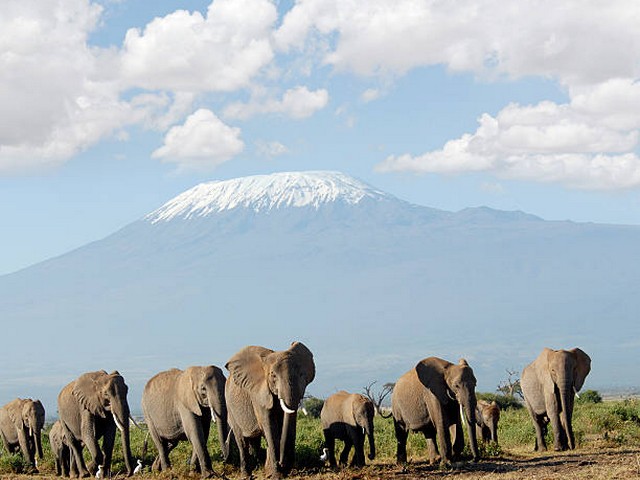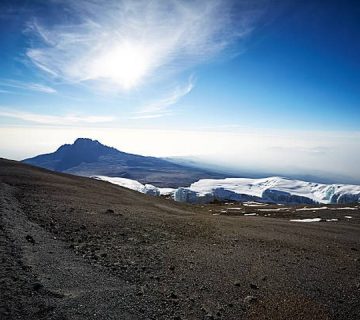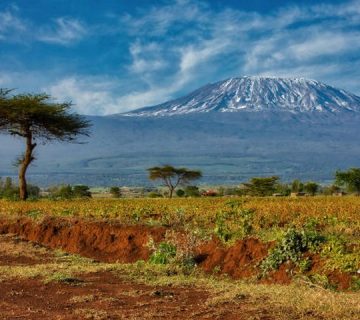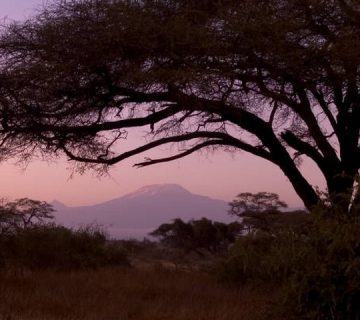How To Support Responsible Tourism In Kilimanjaro National Park
Nestled at the heart of Tanzania, the majestic Mount Kilimanjaro calls to adventurers from across the globe. As the highest peak in Africa, it’s not just a mountain; it’s a beacon of natural beauty and cultural richness that deserves our utmost respect and care. At Kilimanjaro Centre for Trekking and Ecotourism (KCTE), we are deeply committed to preserving this iconic wonder for future generations through responsible tourism. Today, let’s explore how you, as a visitor, can contribute to this mission and ensure that the magic of Kilimanjaro remains unspoiled.
Embracing the Beauty Responsibly
Understanding the Impact of Your Visit
Before you set foot on the trails, it’s crucial to understand the impact your visit can have on the local environment and communities. Kilimanjaro National Park is not only a natural habitat for diverse wildlife but also a source of livelihood for local communities. Every step you take, every decision you make, can contribute to conservation or to degradation. The choice is yours.
Choose Ethical Tour Operators
When planning your climb, selecting the right tour operator is the first step towards responsible tourism. At KCTE, we pride ourselves on being a leading ethical tour operator. We ensure that our guides and porters are well-paid and work under fair conditions. We also implement eco-friendly practices to minimize environmental impact. By booking your Kilimanjaro climb with us, you are choosing a partner who values sustainability as much as you do.
Sustainable Practices on the Mountain
Stick to the Trails
Kilimanjaro’s trails are designed to not only provide the best views but also to protect the fragile ecosystem. Veering off the path can cause erosion and disturb local wildlife habitats. Always follow your guide’s directions and stick to the marked trails.
Leave No Trace
The principle of ‘Leave No Trace’ is crucial in preserving the natural beauty of Kilimanjaro. This means packing out everything you bring in, including all trash. Avoid the use of plastics, and opt for reusable containers and utensils. At KCTE, we provide all our climbers with eco-friendly alternatives.
Conserve Water
Water is a precious resource on the mountain. Practice water conservation by taking shorter showers and reusing water when possible. KCTE supports water conservation initiatives by using water-saving devices and educating our climbers on sustainable water use practices.
Engage with and Support Local Communities
Buy Local
Supporting local businesses is a powerful way to contribute to the economy of the communities surrounding Kilimanjaro. Opt for local produce and handicrafts rather than imported goods. Not only does this help sustain local families, but it also reduces the carbon footprint associated with long-distance goods transport.
Respect Cultural Norms
Understanding and respecting local customs and traditions is a fundamental aspect of responsible tourism. At KCTE, we provide cultural orientation for all our clients to ensure you’re aware of and sensitive to the cultural norms, which enhances your experience and the locals’ acceptance of visitors.
Contributing to Conservation Efforts
Participate in Eco-friendly Activities
Choose activities that have a minimal impact on the environment. KCTE offers eco-friendly tours that promote understanding and appreciation of the area’s biodiversity without harming it. From bird watching to guided nature walks, these activities are designed to educate and inspire our clients about conservation.
Support Conservation Initiatives
Your visit can contribute directly to conservation efforts. Consider donating to projects that aim to protect Kilimanjaro’s ecosystems or engage in volunteer opportunities during your stay. Every little bit helps in the fight to preserve this iconic landmark.
FAQs on Responsible Tourism in Kilimanjaro National Park
Q: How can I be sure that my tour operator practices responsible tourism?
A: Look for certifications and memberships in recognized tourism and environmental organizations. Check reviews and ask about their practices on wages, environmental impact, and community involvement.
Q: What should I do if I see others engaging in irresponsible behavior on the mountain?
A: While it can be sensitive to directly confront others, you can set a good example and share the principles of responsible tourism in casual conversation. Sometimes, people are simply unaware and appreciate the guidance.
Q: Are there specific environmental concerns associated with Kilimanjaro that tourists should be aware of?
A: Yes, issues such as water scarcity, waste management, and trail erosion are significant. Your guide can provide detailed information on how to address these issues during your climb.
The Path Forward
By choosing to travel responsibly, you ensure that the breathtaking beauty of Kilimanjaro and the vibrant culture of its surrounding communities thrive for years to come. It’s about making meaningful connections, respecting our natural world, and returning home with a deeper understanding and appreciation of your adventure.
We invite you to embark on this journey with Kilimanjaro Centre for Trekking and Ecotourism (KCTE). Together, we can climb not only towards the summit of this magnificent mountain but also towards greater heights of sustainability and mutual respect. Ready to make a positive impact? Book your Kilimanjaro climbing adventure with us today and join a community of responsible tourists dedicated to preserving the beauty of one of the world’s most awe-inspiring destinations.
Together, let’s step up responsibly, for today’s explorers and tomorrow’s dreamers.




